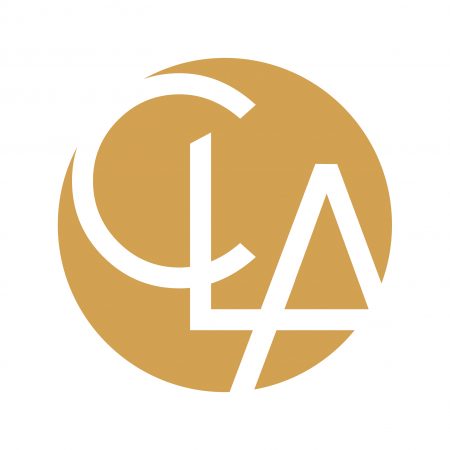Passed on December 22, 2017, the Tax Cuts and Jobs Act (TCJA) includes a number of provisions designed to incentivize businesses to make capital expenditures by allowing them to accelerate their tax depreciation deductions.
Bonus Depreciation
The TCJA increased first year bonus depreciation to 100% of the cost for eligible property acquired and placed in service between September 27, 2017 and December 31, 2022. Eligible assets include furniture, equipment, computers and other IT components, most software, and certain building improvements. The ability to immediately deduct the full cost of many of the fixed assets financial institutions typically purchase is a great tax planning opportunity for 2018.
Special rules have historically applied to passenger automobiles with gross vehicle weights of less than 6,000 pounds. But, the TCJA also expands first year bonus depreciation for these vehicles from $8,000 to $16,000.
Eligibility has also been expanded to include most used property for the first time. This could include property acquired in branch purchases or some acquisitions structured as assets purchases.
Section 179 Expensing
Section 179 expensing is more flexible than bonus depreciation and allows a taxpayer to tailor their first year depreciation. It is particularly useful for large purchases where bonus depreciation might otherwise result in a tax loss for the year.
Beginning in 2018, the annual expensing limit under Section 179 increases to $1 million.
Cost Segregation Studies Remain a Great Option
With the ability to accelerate the depreciation on personal property for the next several years, cost segregation studies remain a great option for institutions building new branches or doing major remodeling. A cost segregation study identifies building components that can be depreciated at a faster rate for tax purposes by shortening the depreciable life.
With shorter depreciable lives, those components are often eligible for bonus depreciation or Section 179 so first year depreciation deductions on new or renovated branches can be very advantageous.
How CLA Can Help
CLA is here to help you understand the new tax laws and help you take advantage of every opportunity. Please reach out to Susan Roberts, CPA, CGMA, Principal at CLA focusing on strategic tax avoidance.
Direct 817-877-5000. su***********@********ct.com.




No responses yet